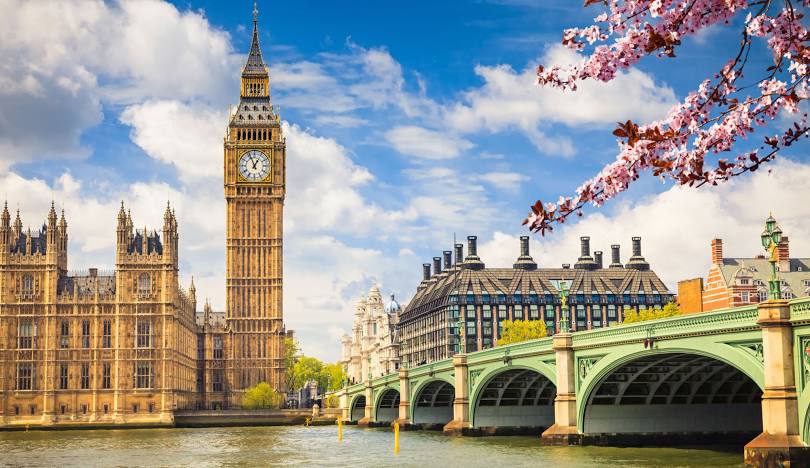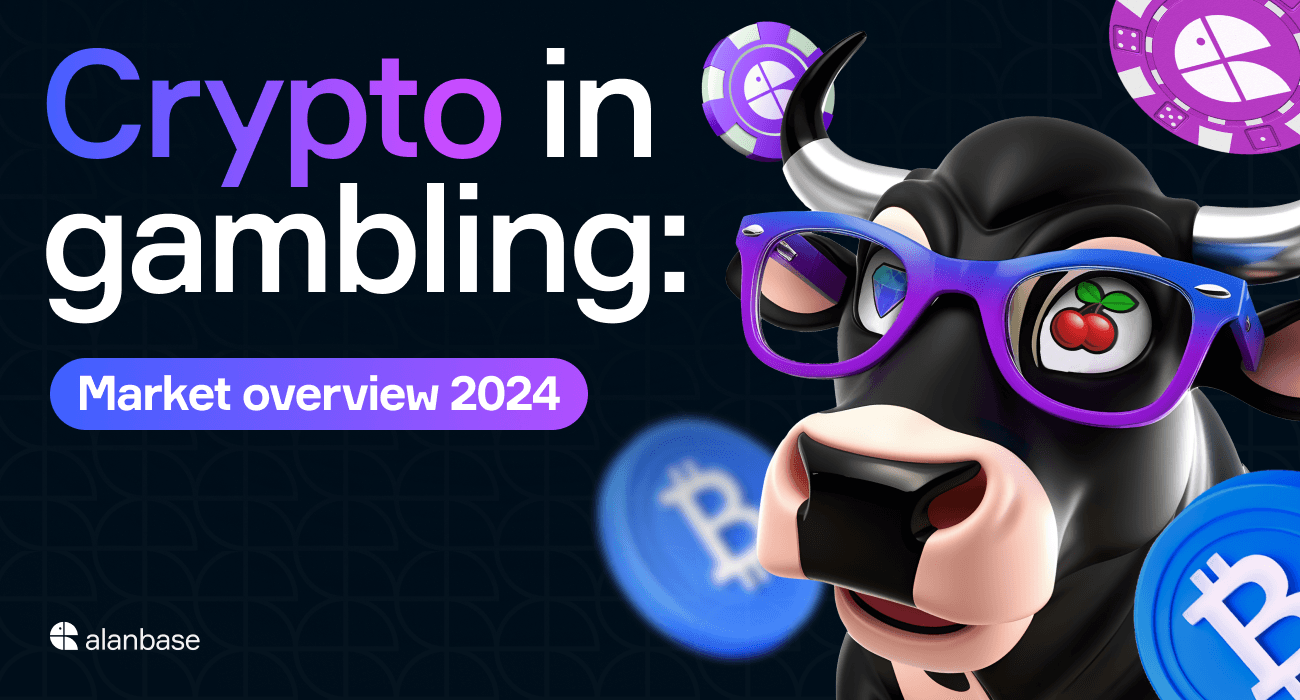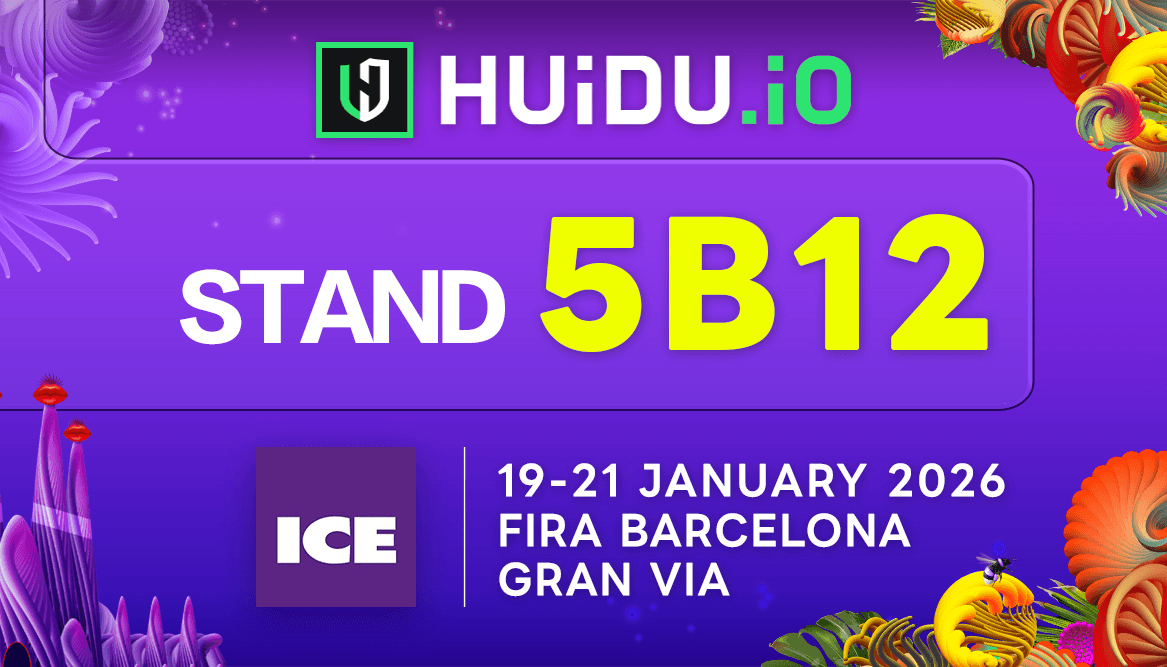As the government seeks ways to boost public revenue, the Brazilian Institute for Responsible Gambling (IBJR) maintains that a tougher stance against illegal betting—not higher taxes—is what will truly strengthen the country’s finances.
Billions lost to the black market
Nearly half of Brazil’s iGaming operations still function without a license.
Citing research by the Locomotiva Institute and LCA Financial Consulting, the IBJR reported that unregulated platforms handle around R$38 billion (US$7 billion) in wagers each year, depriving the state of roughly R$10.8 billion (US$2 billion) in taxes.
“These illicit platforms drain national resources and lure players into unprotected environments,” the IBJR stated.
Without identity verification, facial recognition, or credit card limits, these websites heighten risks of fraud, addiction, and unpaid winnings—issues regulation was designed to prevent.
Regulation, not heavier taxation
The IBJR argues that increasing taxes could worsen the situation.
André Gelfi, the institute’s co-founder, emphasized that “strengthening oversight, ensuring regulatory stability, and preserving fair competition” are what sustain long-term revenue while safeguarding bettors.
Currently, licensed operators pay a 12% Gross Gaming Revenue (GGR) tax. The government is considering doubling it—but the IBJR warns that doing so would push both businesses and players toward the underground economy.
“Increasing taxes would only incentivize migration to illegal markets,” the report stated. “Real growth comes from eliminating illegality, not penalizing compliance.”
A modest win, major gains
Reducing illegal activity by just 5% could add R$1.1 billion (US$205 million) to Brazil’s annual revenue—more than what doubling taxes would yield.
The IBJR concluded that fair taxation and responsible regulation should coexist, rewarding lawful operators who invest in Brazil’s emerging legal market.
As policymakers decide between higher taxes or tighter control, the key question remains: will Brazil opt for the short-term fix—or the sustainable path toward a cleaner, more accountable gambling sector?



 2025-11-07
2025-11-07















